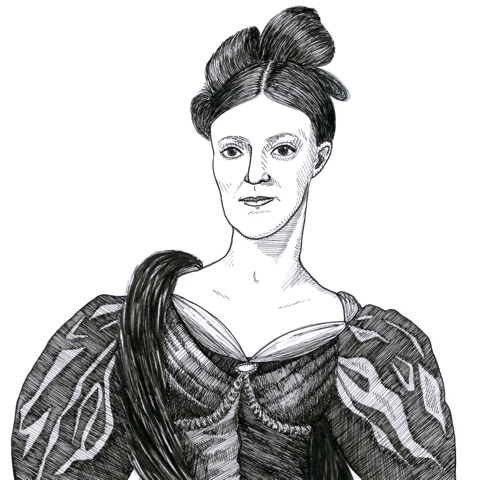
Harriet Martineau condemns tariffs as a “vicious aristocratic principle” designed to harm the ordinary working man and woman (1861)
Found in: Harriet Martineau’s Autobiography, vol. 2 and Memorials of Harriet Martineau
In a series of letters written to Mrs. Chapman in 1861 Harriet Martineau argued that tariff protection not only harmed foreign workers but domestic American workers as well, by means of what she termed this “vicious aristrocratic principle”:
Free Trade
I perceive you ground your disapprobation of the protective system on the injustice and unkindness to foreign peoples. This is a very strong and quite indisputable ground, but it is not the one I have at all had in view at this time, or wished to bring forward in discussing the matter in the “Standard” or elsewhere. I protest against the vicious aristocratic principle, and the rank oppression exercised over the American people at large, for the selfish interest of certain classes. It is true your shippers and merchants are concerned in and injured by every injury inflicted on foreign commerce; but it is a graver consideration to my mind that every workingman in the country is injured for the illicit benefit of wealthier classes. Popular ignorance alone can have permitted it thus long.